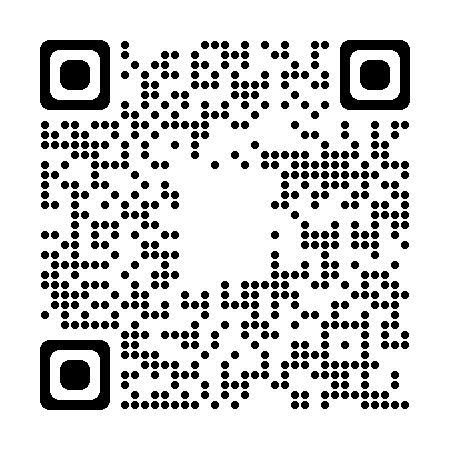
1 minute read
B.A. GLOBAL STUDIES
• International Organizations & Business
• Foreign Affairs & Diplomacy
Advertisement
• Research Institutes

• Non-profit & Human Services
Career Pathways About
• National Security
• Council Government & Foreign Service
• United Nations
• Relief Organizations
Core Skills
• Critical thinking
• Collaboration
• Intercultural Competency
• Problem Solving
FOR MORE INFO:
• Research Methods
• Leadership
• Adaptability
The Global Studies major is designed to help students think critically about global issues from a variety of disciplinary perspectives. The major is structured around intellectual and experiential frameworks that empower students to analyze, adapt, communicate, problem-solve, and empathize in a variety of professional and personal networks. Students have the option to specialize in one of four areas: Global Cultures, Health & Development, Political Economy or Human Rights, Migrations & Social Movements.
Core Courses

• GLS 250: Dimensions of Globalization: States, Societies, and Institutions - Identify and assess global trends in political, financial and social areas and become an empowered leader who communicates and inspires across cultural boundaries.
• PAH 372: Intercultural Competence : Culture, Identity, Adaptation, and Intercultural Relations - Discuss the key concepts and factors that have led to the development of the field of intercultural competence. This course also provides students with extensive background and reading so as to take a critical perspective on intercultural competence and its future for them in a globalized world.
• ANTH 407: Ethnographic Field Methods - Introduces the practice of ethnographic field research including the history of research, ethics of ethnographic study, development of research plans, methods of data collection, organization and analysis of collected data, and creation of ethnographic reports.










